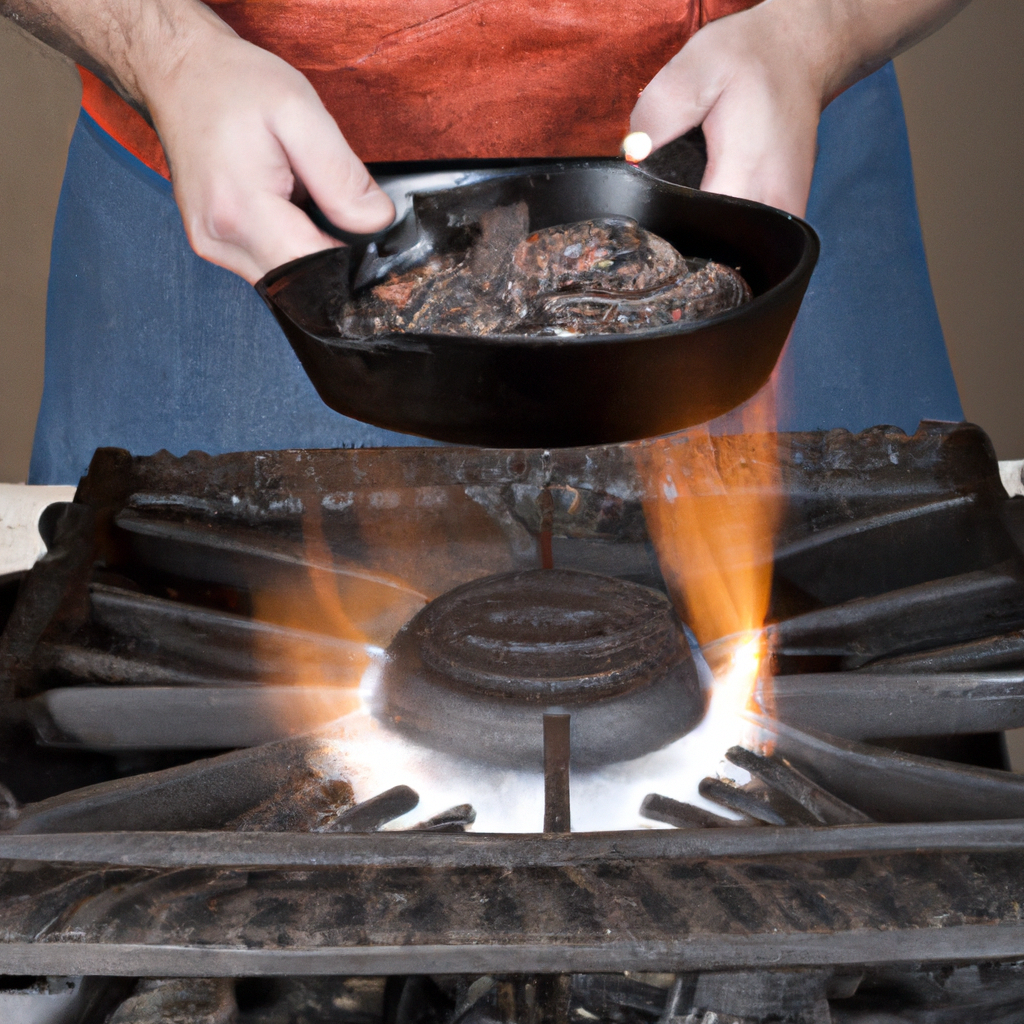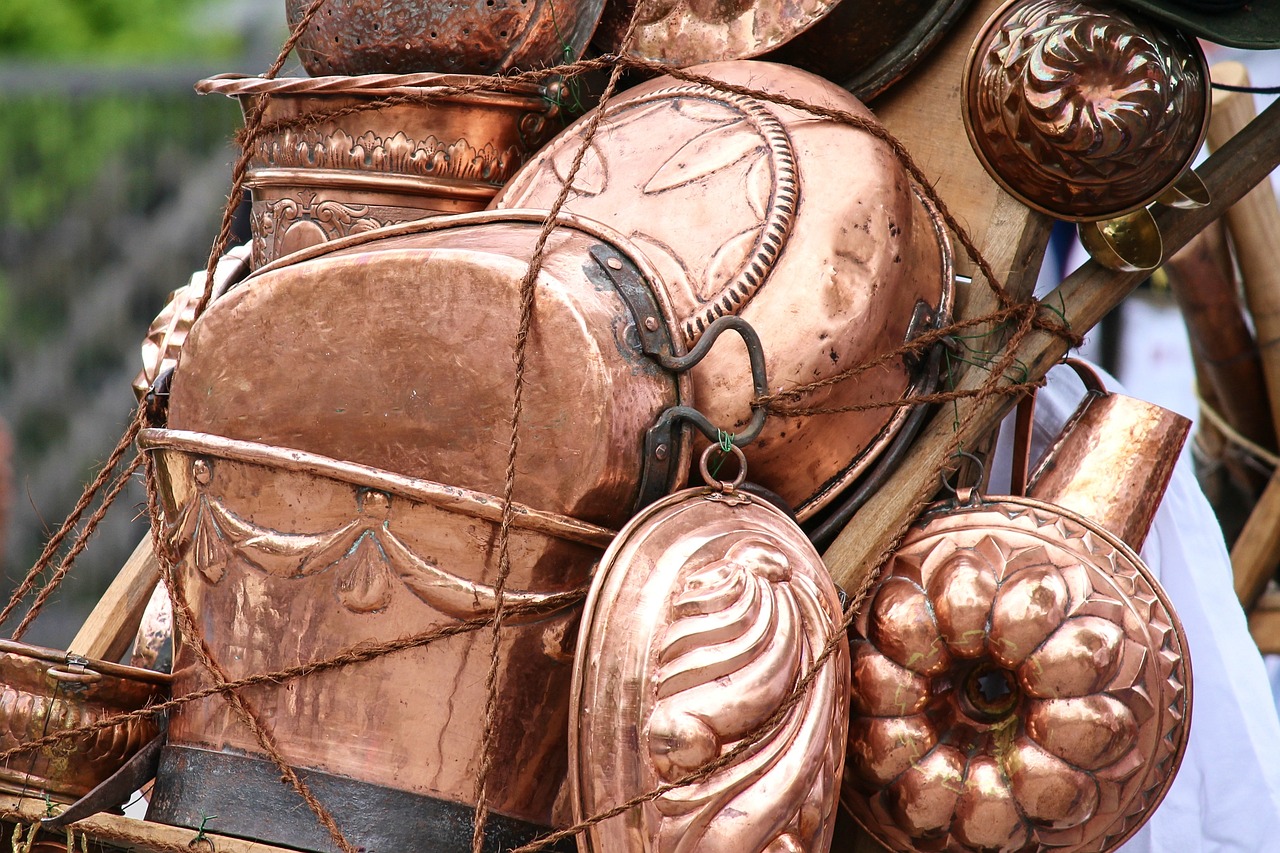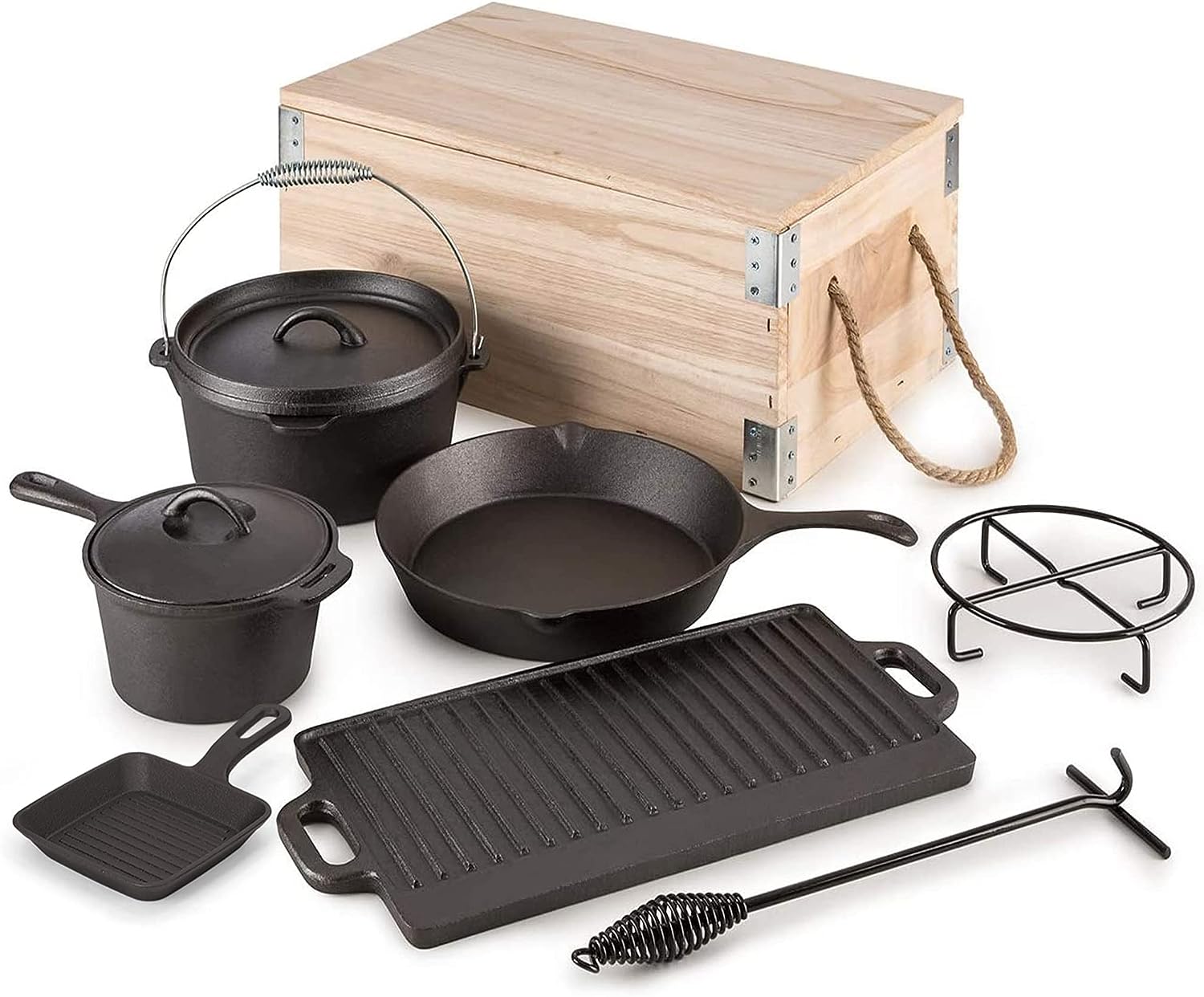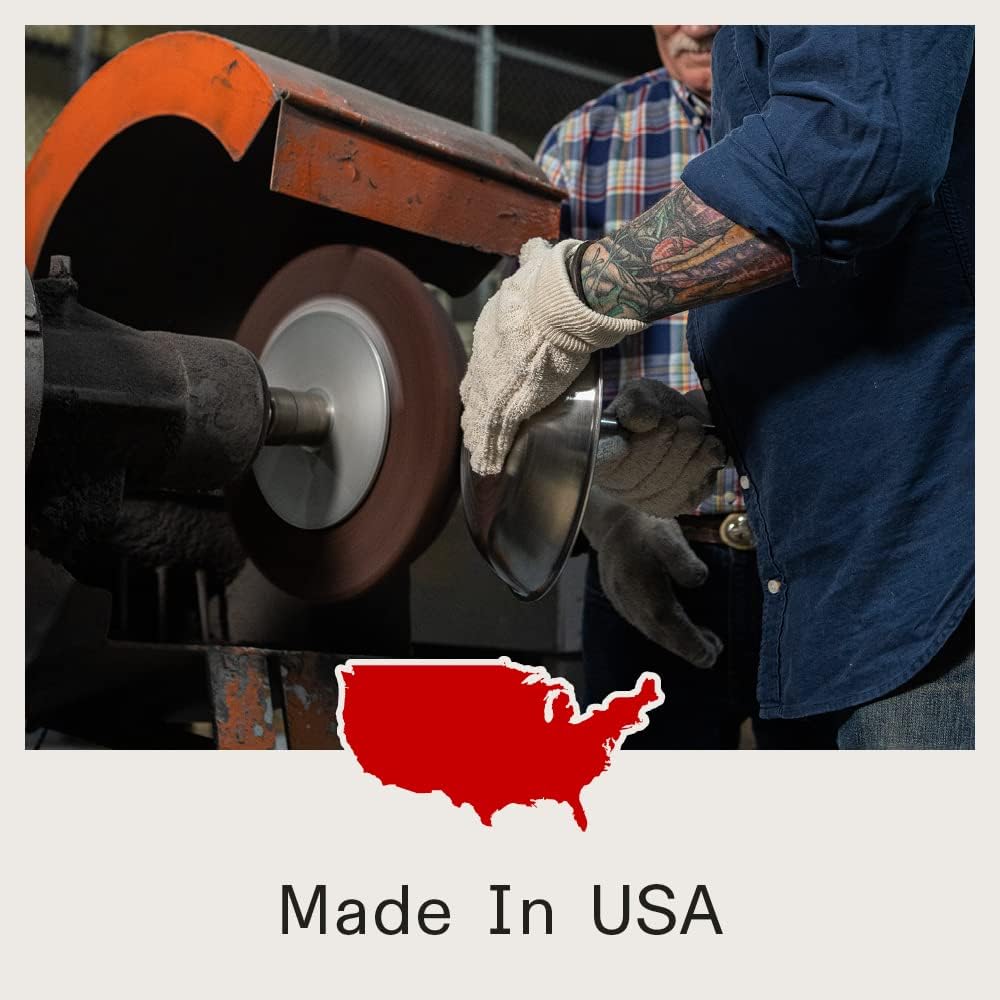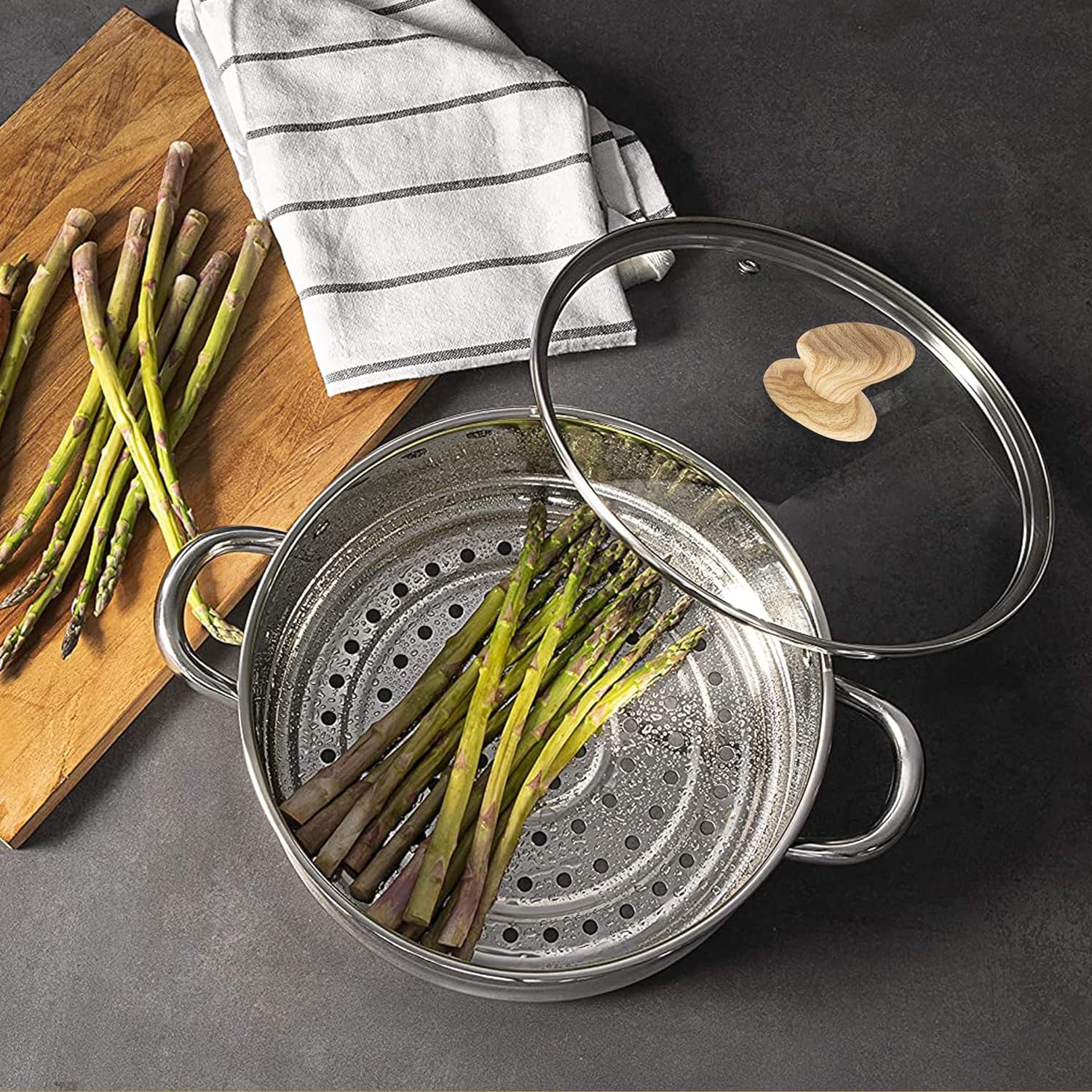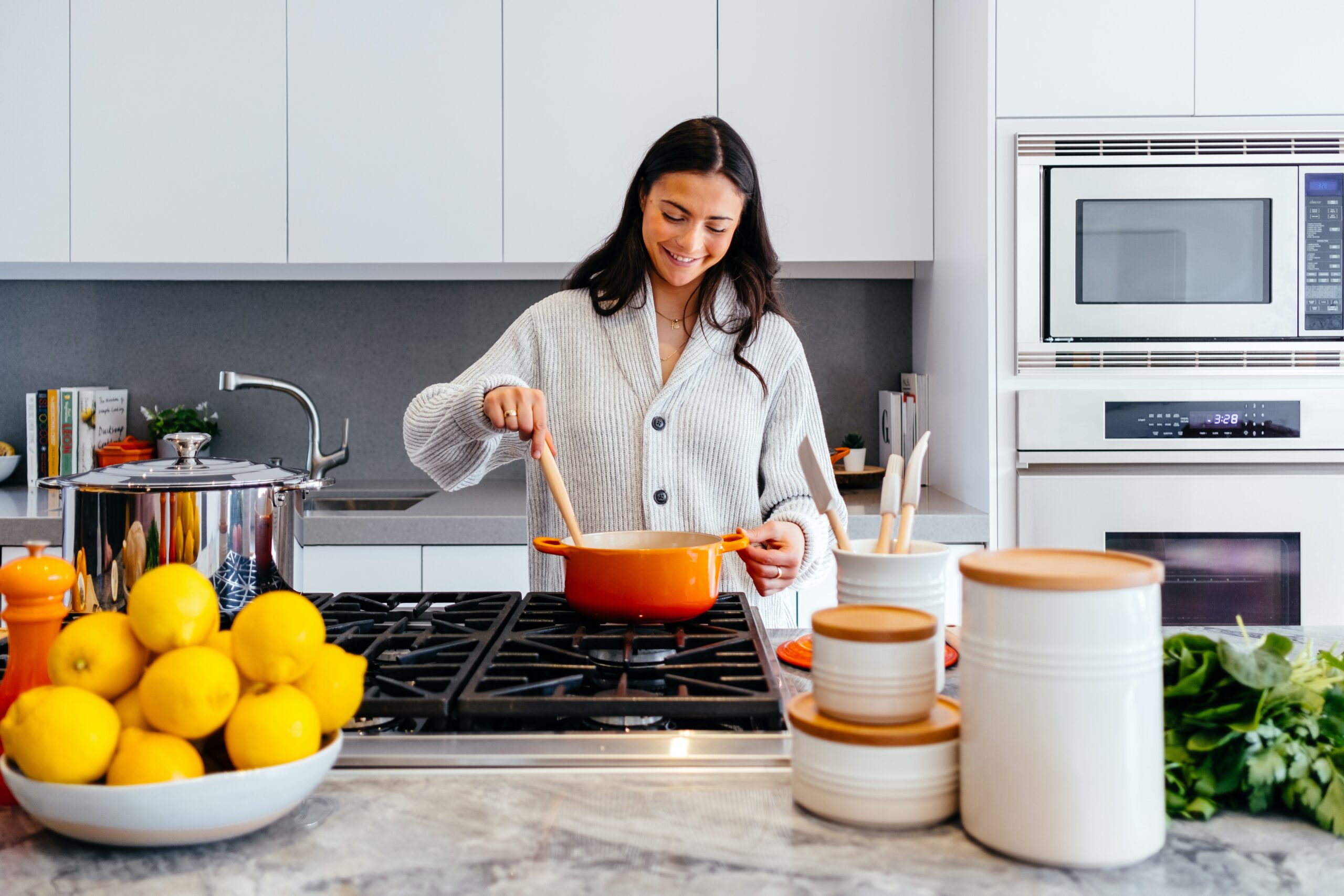Introduction
As a passionate home chef, you know that having the right pots and pans can make all the difference in your culinary adventures. Quality cookware not only enhances your cooking performance but also ensures delicious results that will impress family and friends. In this article, we’ll explore the importance of investing in top-notch pots and pans, factors to consider when choosing cookware, our top recommendations, care and maintenance tips, and conclude with actionable advice to help you make informed decisions for your kitchen.
Importance of Quality Cookware
When it comes to cooking, the quality of your pots and pans matters. High-quality cookware offers several benefits that elevate your cooking experience. Firstly, it provides even heat distribution, preventing hot spots and ensuring your dishes cook evenly. This is crucial for achieving consistent results and avoiding undercooked or overcooked food. Secondly, durable cookware lasts longer, saving you money in the long run. Additionally, well-crafted pots and pans are designed with safety features, such as sturdy handles and lids, to prevent accidents in the kitchen.
Factors to Consider When Choosing Pots and Pans
Cookware Materials
When selecting pots and pans, the choice of materials plays a significant role. Stainless steel is a popular option known for its durability, even heat distribution, and resistance to rust and stains. Non-stick cookware offers convenience and easy cleanup, perfect for low-fat cooking with minimal oil. Cast iron cookware is renowned for its excellent heat retention and versatility in handling high temperatures. Each material has its own advantages and disadvantages, so consider your cooking style and preferences when making a decision.
Cookware Types and Sizes
Pots and pans come in various types and sizes to suit different cooking needs. Saucepan, frying pan, stockpot, and Dutch oven are common examples of cookware types. Each has its specific purpose, whether it’s simmering sauces, searing meats, boiling pasta, or slow-cooking stews. It’s essential to evaluate your cooking habits and choose the types that align with your favorite recipes. Additionally, consider the sizes that best fit your family size, cooking volume, and available kitchen space.
Heat Conductivity and Distribution
Efficient heat conductivity and distribution are key factors in achieving excellent cooking results. Look for cookware that conducts heat quickly and evenly across the cooking surface. Copper cookware is known for its exceptional heat conductivity, while aluminum is also highly efficient. Additionally, pay attention to cookware features that promote even heat distribution, such as encapsulated bottoms or multi-ply construction. These features help prevent hot spots and ensure consistent heat throughout the cooking process.
Top Recommendations for Pots and Pans
To assist you in finding the perfect pots and pans for your kitchen, we’ve curated a list of our top recommendations. These selections are based on extensive research, expert reviews, and customer feedback. We have considered various brands, models, and price points to cater to different budgets and preferences. Here are three standout options:
Stainless Steel Cookware Set – This comprehensive set offers a range of pots, pans, and utensils, all crafted with high-quality stainless steel for durability and even heat distribution. The ergonomic handles provide a comfortable grip, and the tight-fitting lids lock in moisture and flavor.
Non-Stick Fry Pan – This versatile frying pan features a durable non-stick surface that allows for easy food release and effortless cleanup. Its sturdy construction ensures even heat distribution, and the ergonomic handle stays cool to the touch.
Cast Iron Dutch Oven – For those seeking the exceptional heat retention and versatility of cast iron, this Dutch oven is a must-have. Ideal for slow cooking, roasting, and baking, it ensures delicious results every time. The enamel coating prevents rust and simplifies cleaning.
Care and Maintenance Tips
To prolong the lifespan of your pots and pans and maintain their performance, follow these care and maintenance tips:
Cleaning: Hand wash your cookware using mild dish soap and non-abrasive sponges. Avoid using harsh cleaners or steel wool, as they can damage the surface.
Seasoning (for cast iron): If you own cast iron cookware, regularly season it by applying a thin layer of oil and heating it in the oven. This helps maintain the non-stick surface and prevents rust.
Storage: Store your cookware properly by stacking them with protective layers or using soft cloth or paper towels between each piece. Avoid storing them with heavy items on top to prevent scratches or dents.
Utensils: Use appropriate utensils made of silicone, wood, or nylon to avoid scratching or damaging the non-stick surfaces of your pans.
Conclusion
Choosing the best pots and pans is essential for every home chef. By investing in quality cookware that suits your cooking style and preferences, you can enhance your culinary adventures and enjoy consistent, delicious results. Consider the materials, types, and sizes that align with your needs, and explore our top recommendations to find the perfect fit for your kitchen. With proper care and maintenance, your pots and pans will serve you well for years to come. Make an informed decision, and elevate your cooking experience today!
Ready to upgrade your cookware collection? Explore our website for more articles, product reviews, and expert advice on all things related to top cookware brands. Sign up for our newsletter to receive regular updates and exclusive offers. Start cooking like a pro with the best pots and pans that suit your style and budget.
Frequently Asked Questions
Q: How often should I clean my pots and pans?
A: It’s recommended to clean your pots and pans after each use to prevent food residue from sticking and causing buildup.
Q: Can I use metal utensils with non-stick cookware?
A: It’s best to avoid using metal utensils on non-stick surfaces to prevent scratches. Opt for utensils made of silicone, wood, or nylon.
Q: What is the best way to store my cookware?
A: Store your cookware by stacking them with protective layers or using soft cloth or paper towels between each piece to prevent scratches. Avoid storing them with heavy items on top.
Q: How can I season my cast iron cookware?
A: To season cast iron cookware, apply a thin layer of oil and heat it in the oven according to the manufacturer’s instructions. This helps maintain the non-stick surface and prevents rust.
Q: Are the recommended pots and pans suitable for induction cooktops?
A: Yes, our recommended pots and pans include options that are compatible with induction cooktops. Look for specific information in the product descriptions or labels.


